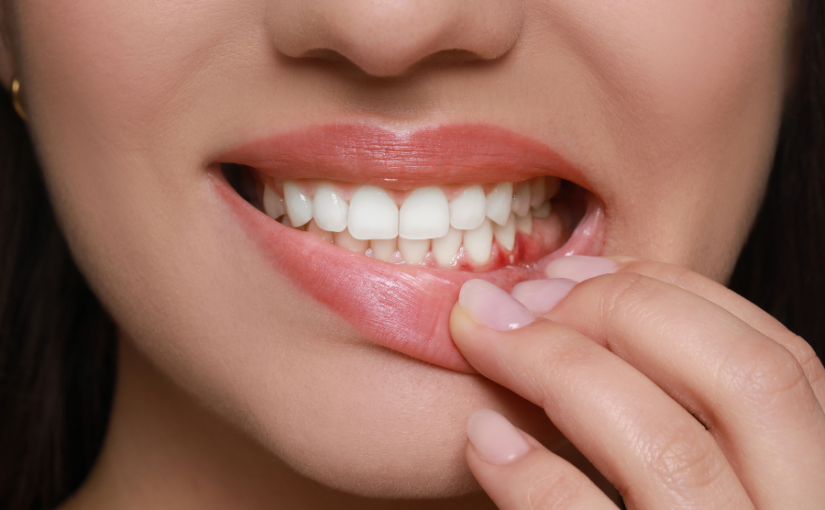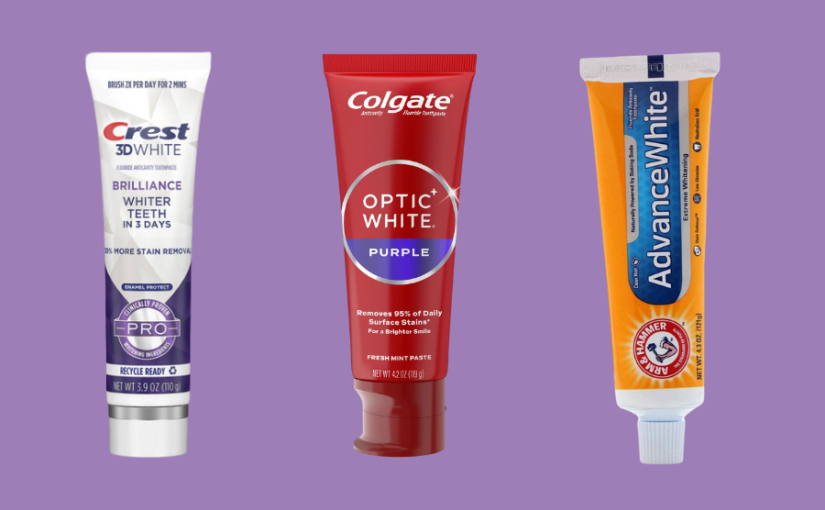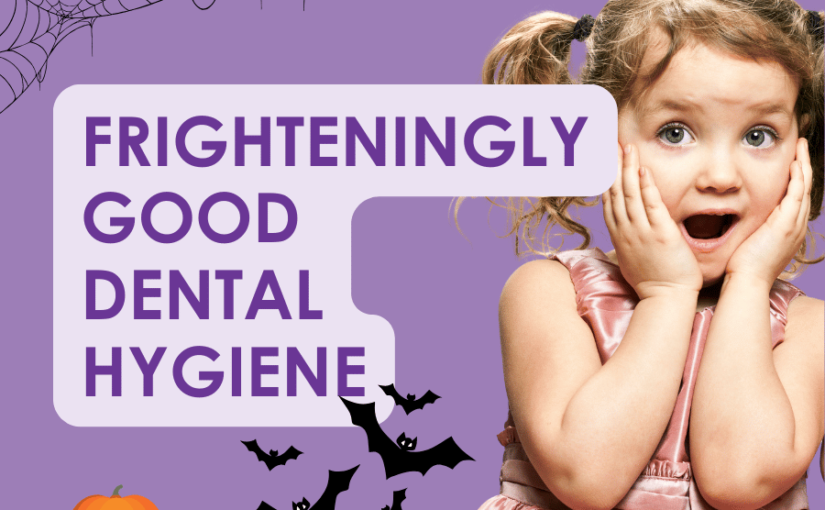By: Dr. Elizabeth Eggert
As a parent, you want the very best for your children, and that includes making sure their dental health is in excellent hands from the very beginning. At Eggert Family Dentistry in North Oaks, MN, Dr. Elizabeth Eggert and Dr. Jeff Eggert are passionate about helping children develop strong, healthy smiles that support their overall well-being. In fact, they welcome young patients as early as age one—an essential time to begin monitoring oral development. By starting early, you give your child the best chance at ideal dental health and growth.
Dr. Elizabeth and Dr. Jeff go beyond simply checking for cavities; they closely monitor your child’s oral development to ensure everything is progressing as it should. Issues like narrow jaws and other developmental concerns can often go unnoticed in a traditional pediatric dental setting. Unfortunately, these problems can lead to breathing issues, sleep disturbances, and long-term developmental challenges if left unaddressed. At Eggert Family Dentistry, your child’s growth and health are given the thorough attention they deserve.
What Are Some of the Tools We Use?
One of the most valuable assets Dr. Elizabeth brings to her young patients is her involvement as a founding member of the ASAP Pathway. This organization is dedicated to early intervention and comprehensive care to optimize children’s airway and craniofacial development. According to the ASAP Pathway, early signs such as mouth breathing, snoring, and restless sleep can be indicators of underlying developmental problems. Dr. Elizabeth uses this knowledge to evaluate and guide your child toward healthy development at each visit.

If your child shows signs of underdeveloped jaws or compromised airway function, Dr. Elizabeth may recommend a Myobrace treatment plan. Myobrace is a preventative orthodontic system that encourages natural growth and development through myofunctional therapy—often eliminating the need for more invasive orthodontics later on. By beginning this guidance early, Dr. Elizabeth can help redirect your child’s growth trajectory before orthodontics is even necessary.
How Else Can We Help Your Child?
Once your child is ready for orthodontic treatment, the Eggert’s remain actively involved. They work alongside your child’s orthodontist to closely monitor bite alignment and ensure everything is looking favorable before braces or Invisalign attachments are removed. This extra layer of oversight helps provide peace of mind and promotes long-term stability in your child’s smile and bite.
Many families wait until their children turn 18 to transition from a pediatric dentist, but by that time, it’s often too late to correct underlying developmental issues in a simple way. If your child is currently seeing a pediatric dentist, now is the perfect time to make the switch to Eggert Family Dentistry. Don’t wait until problems arise—Dr. Elizabeth and Dr. Jeff Eggert are here to proactively support your child’s oral health and whole-body wellness every step of the way. Call us today at 651.482.8412 and schedule your whole family today!















